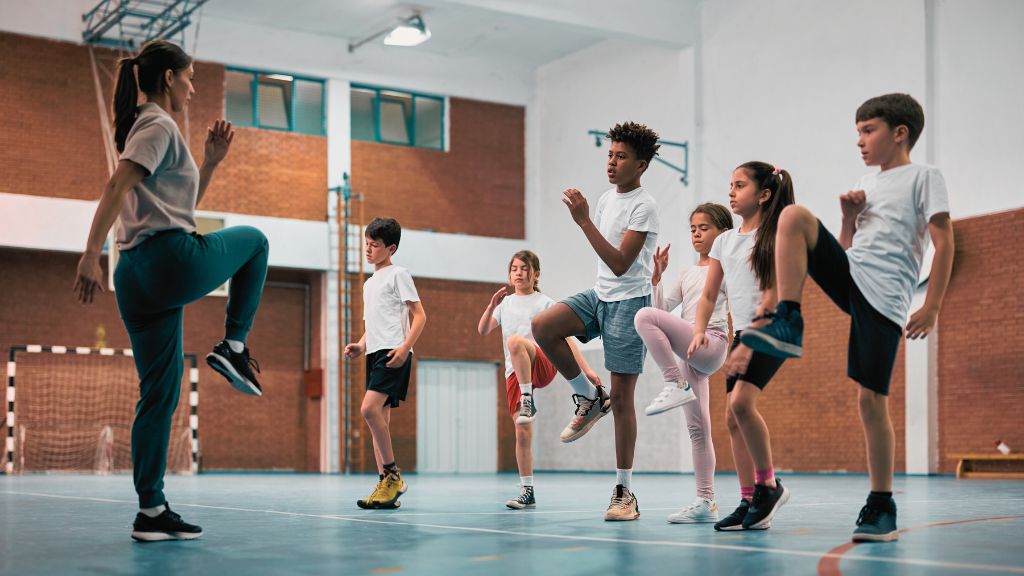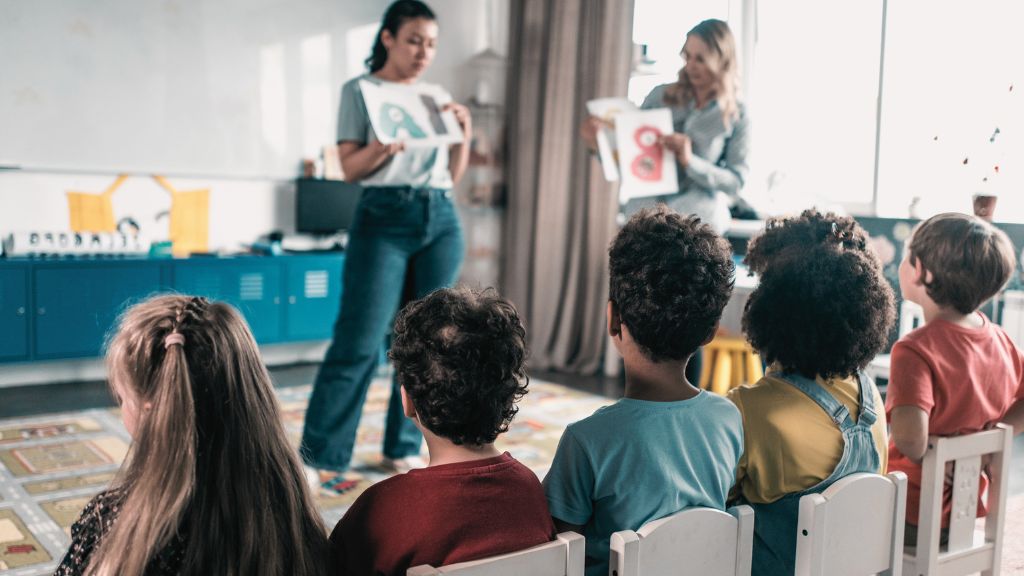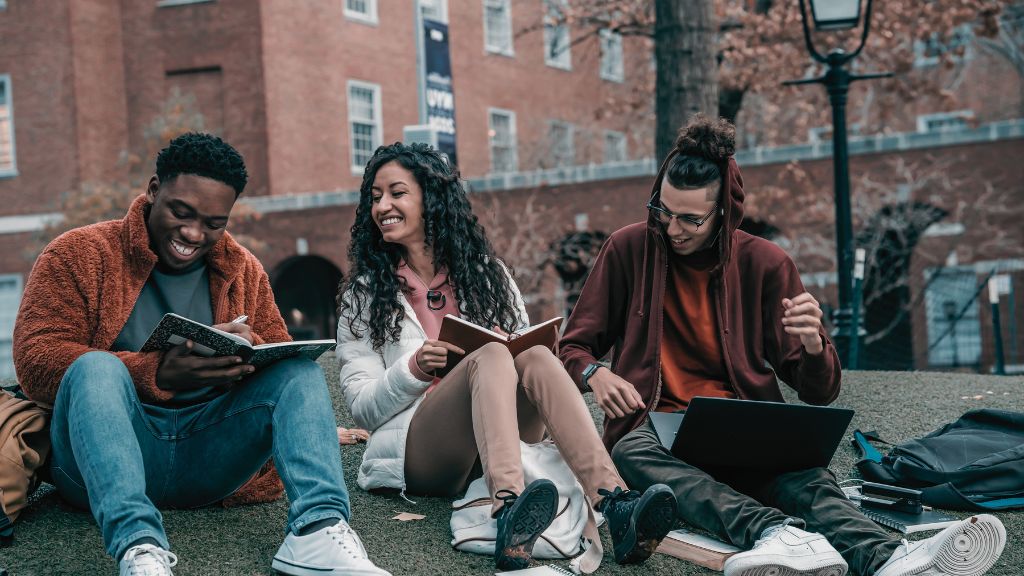Education is like a magical key. It opens doors to many new opportunities, ideas, and dreams. But education is not just about helping individuals. It also helps entire communities grow and improve. Imagine a community as a garden. Education is the water and sunlight that helps the garden bloom beautifully.
In this blog, we will explore how does education contribute to community development and helps communities become stronger, happier, and more successful.
How Does Education Contribute to Community Development
Creating Jobs and Opportunities
One of the most important ways education helps communities is by creating jobs and opportunities. When people go to school and learn new skills, they can get better jobs. This means they can earn more money and support their families.
For example, if someone learns how to be a teacher, they can work at a school and help children learn. If someone learns how to be a doctor, they can help sick people get better. With more people working in different jobs, the community becomes richer and has more services.
Also read: How Can You Use Mastering to Develop a Growth Mindset and Embrace Your Mistakes?
Reducing Poverty
Poverty means not having sufficient money to meet basic needs like food, shelter, and clothes. Education helps reduce poverty. When people have good jobs, they earn money to support themselves and their families.
Education teaches people how to manage their money wisely, save for the future, and make good financial decisions. When more people in a community have money, everyone benefits. Businesses grow, new shops open, and there are more things to buy and enjoy.
Improving Health and Well-being
Education also helps people live healthier lives. When people go to school, they learn about health and nutrition. They understand the importance of eating fresh and healthy food, exercising, and visiting the doctor regularly.
Educated people are more likely to take care of their health and avoid dangerous habits like smoking or drinking too much alcohol. They also learn how to take care of their children’s health, making the whole community healthier.
Promoting Equality and Reducing Discrimination
Education helps promote equality and reduce discrimination. Equality means treating everyone the same, no matter their race, gender, or background. Discrimination means treating other people unfairly because of who they are.
When people are educated, they learn to respect and appreciate others. They understand that everyone deserves the same opportunities. Schools teach students about different cultures, religions, and ways of life. This helps build a community where everyone feels included and valued.
Encouraging Civic Participation
Civic participation means taking part in activities that help the community. This can include voting, volunteering, or joining local organizations. Education encourages people to get involved in their community.
When people learn about their rights and responsibilities, they become more active citizens. They understand the importance of voting and participating in local government. They also learn how to work together to solve community problems, like building a new park or starting a neighborhood watch program.
Building Stronger Families
Education helps build stronger families. When parents are educated, they can help their children succeed in school. They understand the importance of reading to their kids, helping with homework, and encouraging them to do their best.
Educated parents also set a good example for their children. They show them that learning is important and that it can lead to a better future. When families value education, children are more likely to stay in school and achieve their goals.
Encouraging Innovation and Problem-Solving
Education encourages innovation and problem-solving. Innovation means coming up with new ideas and solutions. When people are educated, they learn to think creatively and solve problems.
For example, an engineer might come up with a new way to provide clean water to the community. A scientist might discover a new medicine to treat a disease. An entrepreneur might start a new business that creates jobs and provides services.
When people are educated, they are better equipped to face challenges and find solutions. This helps the whole community grow and improve.
Protecting the Environment
Education also helps protect the environment. When people learn about the importance of nature, they are more likely to take care of it. They understand the need to reduce pollution, recycle, and use resources wisely.
Educated people knows more about environmental issues and are more likely to take action to protect the planet. They might start community gardens, organize clean-up events, or support policies that protect natural resources. A healthy environment benefits everyone in the community.
Building a Sense of Community
Education helps build a sense of community. When people go to school, they make friends and build relationships. They learn to work together, share ideas, and support each other.
Schools often serve as community centers where people come together for events, meetings, and activities. This helps create a sense of belonging and togetherness. When people feel connected to their community, they are more likely to work together to make it a better place.
Encouraging Lifelong Learning
Education doesn’t stop when people finish school. It encourages lifelong learning. Lifelong learning means continuing to learn and grow throughout life.
When people are educated, they are more likely to keep learning new things. They might take classes, read books, or learn new skills. This helps them stay engaged and active, which benefits the whole community.
Lifelong learners are more adaptable and better able to face changes and challenges. They bring new ideas and perspectives to the community, helping it to grow and thrive.
Also read: Why Might an Improvement Team Consider Collecting Balancing Measures?
Conclusion
Education is like the foundation of a strong building. It supports everything else and helps the community stand tall. By creating jobs, reducing poverty, improving health, promoting equality, encouraging civic participation, building stronger families, fostering innovation, protecting the environment, building a sense of community, and encouraging lifelong learning, education helps communities become better places to live.
So, the next time you go to school, remember that you are not just learning for yourself. You are also helping to make your community a better place. Keep learning, keep growing, and keep making a positive difference in the world around you.




